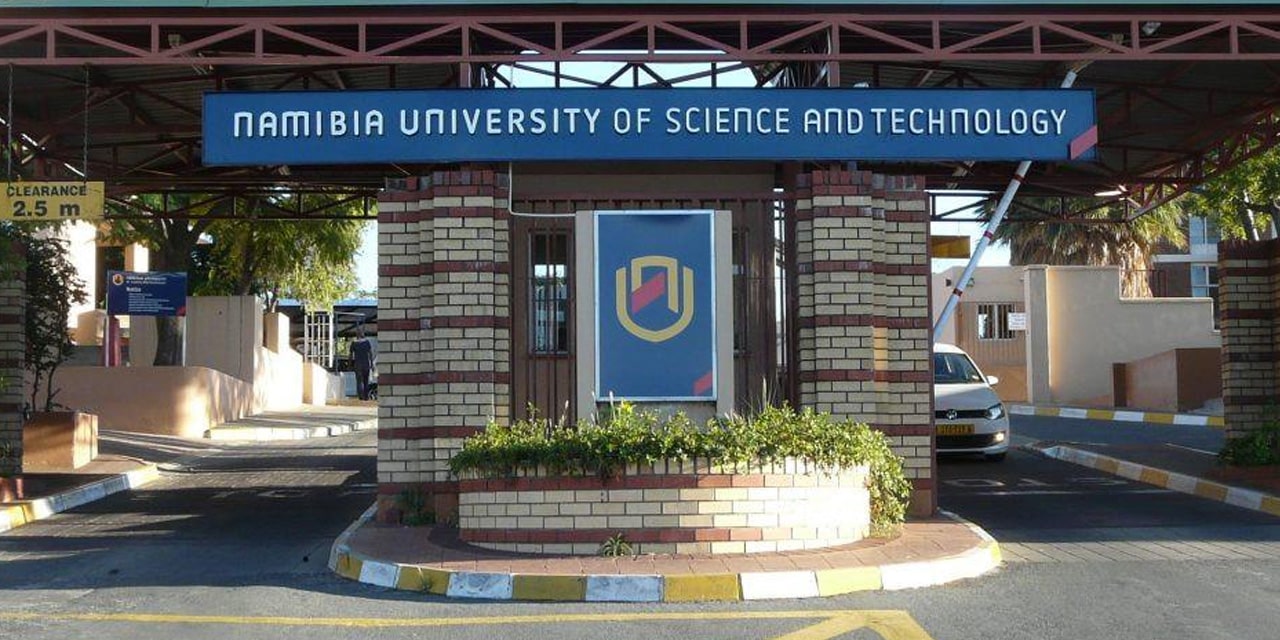Hertta-Maria Amutenja
Financial mismanagement and infrastructural challenges are currently plaguing the Naute Irrigation Project, hindering its potential for growth and development.
These issues were brought to light during an oversight visit to ||Kharas by the standing committee on public accounts and economy, specifically in relation to agro-processing development projects.
The committee discovered that the project, which exports grapes to Europe and dates to the Middle East, has been grappling with financial difficulties for the past three years.
“The project has experienced financial challenges over the past three years, which has led to the delay in the delivery of much-needed input. For example, in 2021, they planted without any input which compromised the quality of their harvest as well as that of the following seasons because of the skip on the application of the input,” reported the committee.
In addition to financial challenges, the project also faces the obstacle of not having a bank account, which complicates its financial transactions.
Payments are currently being routed through the Windhoek head office of the Namibia Industrial Development Agency (NIDA), causing inconvenience and procurement delays.
“When procurement has to be undertaken the request is submitted to the head office which is not convenient for a farming enterprise because there are timelines to be followed,” read the report.
According to the report, the project manager could not show how much money the project generates from exports because payments are from Windhoek.
The facility has also been struggling to keep the electricity on.
The report states the absence of electricity hampers proper cooling of produce, while low water pressure due to malfunctioning booster pumps affects irrigation activities.
The report also highlights incomplete infrastructure, such as the fresh fruit pack house and septic tank, which pose health hazards to employees and compromise export standards.
Communication gaps between NIDA and the Regional Council were identified as well, with the council being left uninformed about project progress and decentralization efforts.
“Council is kept in the dark when it comes to issues of decentralisation that are supposed to happen under the Ministry of Industrialisation and Trade, as most of the services are centralised and that hampers the issues of service delivery. The abattoir at Coenbult has been closed for some time and the information that led to its closure is sketchy.”
In light of these findings, the committee led by chairperson Peter Kazongominja recommended prioritising funding for NIDA and industrialisation projects to tackle unemployment.
They also requested lower rental fees at NIDA.
“NIDA rental fees must be as low as possible and its mission must be to stimulate business through affordable rents and not profit-making,” reads the report.




